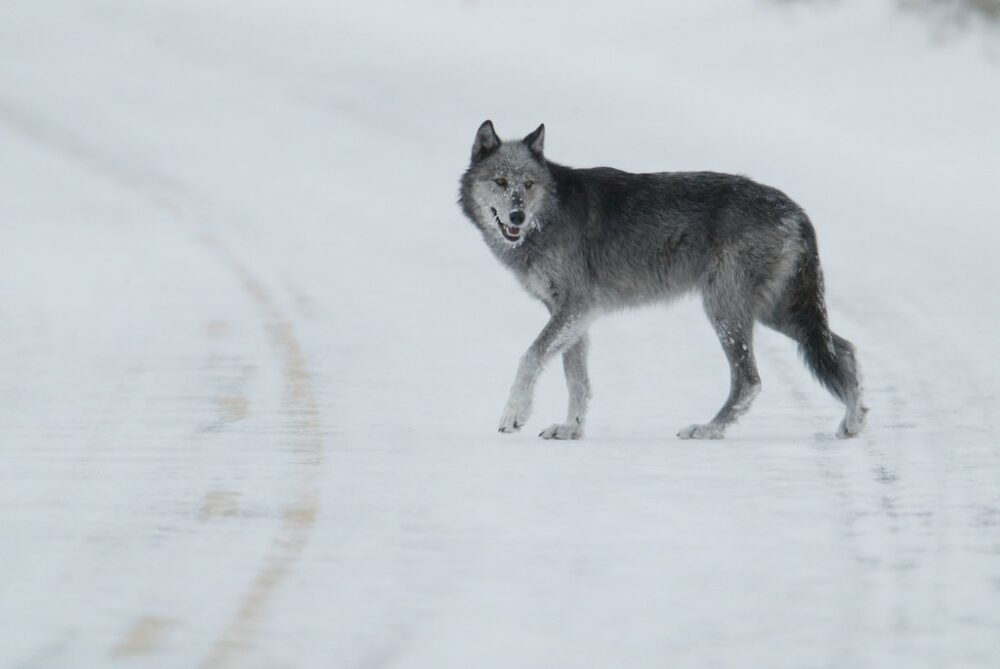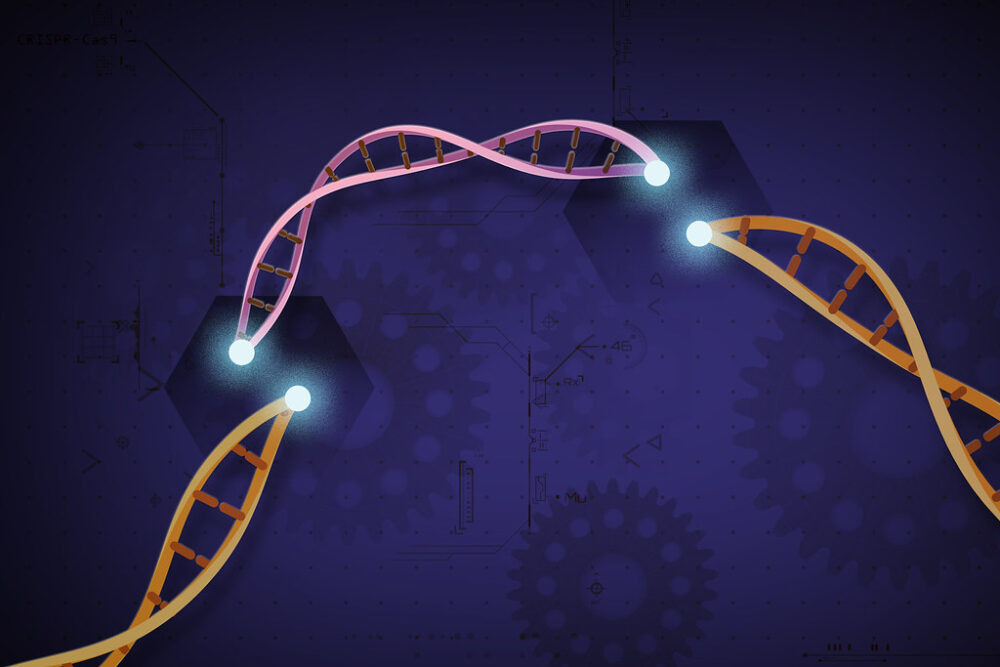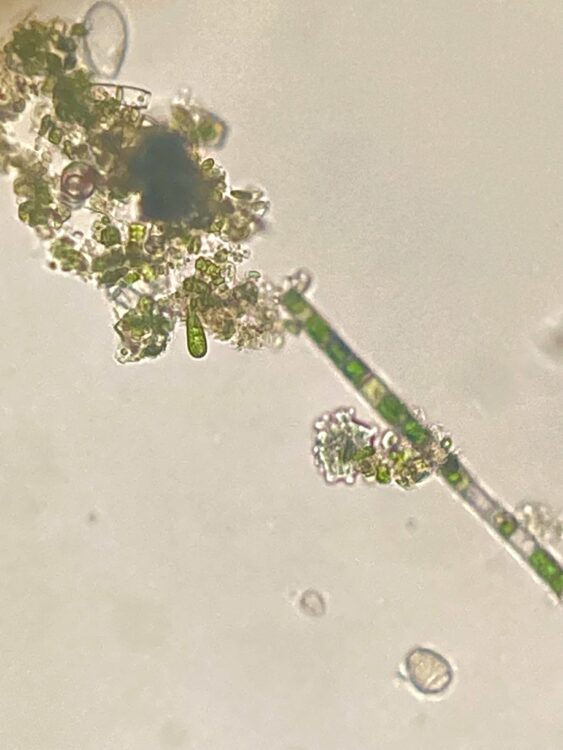The extermination and reintroduction of wolves to Yellowstone National Park
It started when park managers began the process of wolf extermination due to their destruction of domestic livestock within Yellowstone National Park. This self-centered decision led to a cascade of change in the food web which drove entire animal species toward endangerment. Only after the extinction of gray wolves within the region nearly 100 years […]
The extermination and reintroduction of wolves to Yellowstone National Park Read More »








